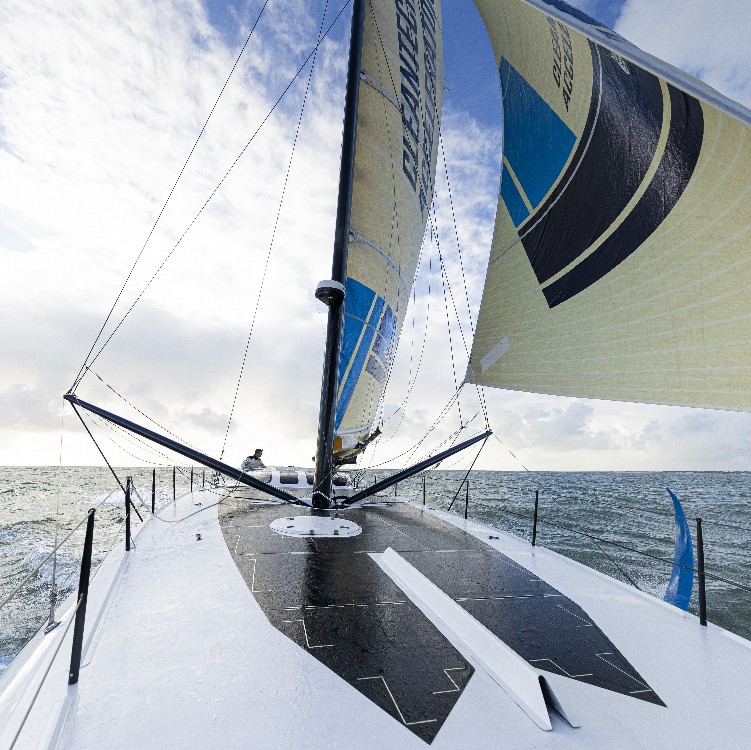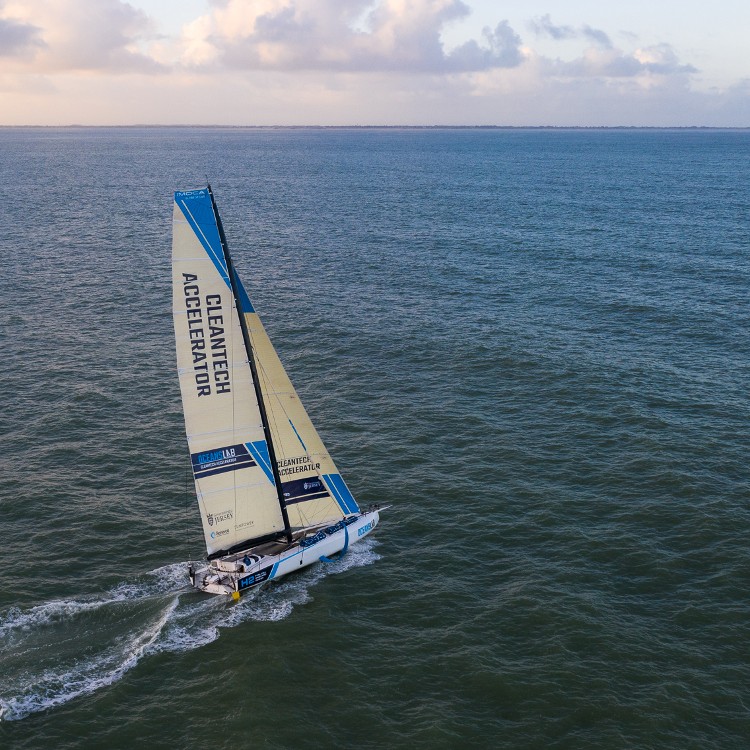
HYDROGEN INNOVATIONS
Zero emission plug & play Hydrogen Power Modules for vessels
The OceansLab innovation developed by cleantech spin-off company Genevos is a multi-award-winning drop-in marine fuel cell that revolutionises maritime power by offering an environmentally friendly solution with high scalability and redundancy.

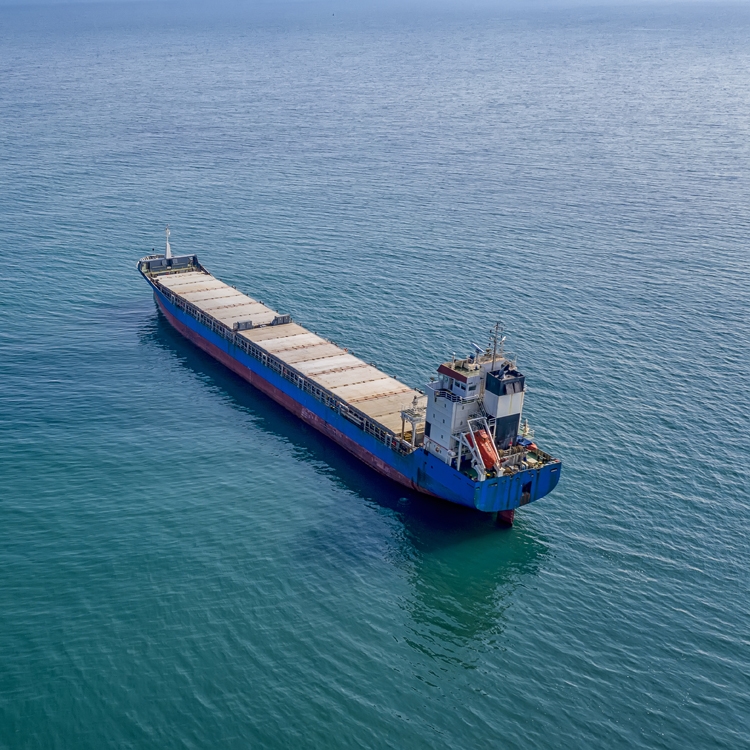
CLEAN HYDROGEN POWER
Green hydrogen, and hydrogen-based fuels are a vital part of the energy mix to decarbonise our marine sector that is currently responsible for 3% of global emissions and 15% of NOx emissions.
OceansLab are advancing and demonstrating modular hydrogen solutions that can provide a scalable application to commercial and recreational vessels, including ferries, service vessels, motor yachts, short-sea cargo vessels and cruise ships.
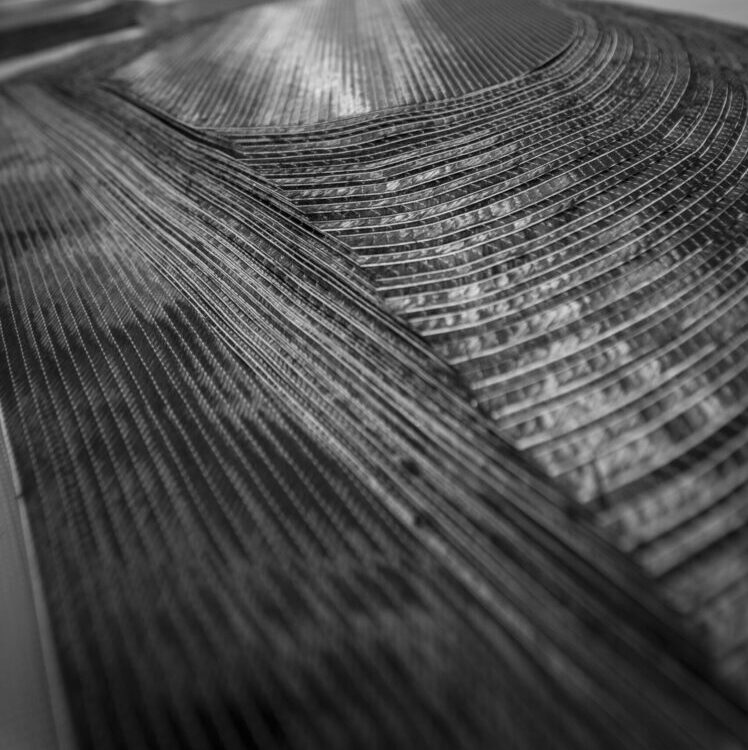
CIRCULAR PERFORMANCE MATERIALS
Composite materials play a crucial role in reducing weight and energy consumption for transport applications. However, high performance composite materials such as carbon fibre and thermoset epoxy have a high energy footprint to create, and very challenging recyclability.
OceansLab is trialling and demonstrating high performance recyclable material innovations for the marine sector including:
RESEARCH PROJECTS
OceansLab collaborates with research universities as a project lead for undergraduate and masters programmes
Fluid simulation of fuel cell pack
Ammonia and hydrogen for fuel cell powered shipping
HFC feasibility and market study
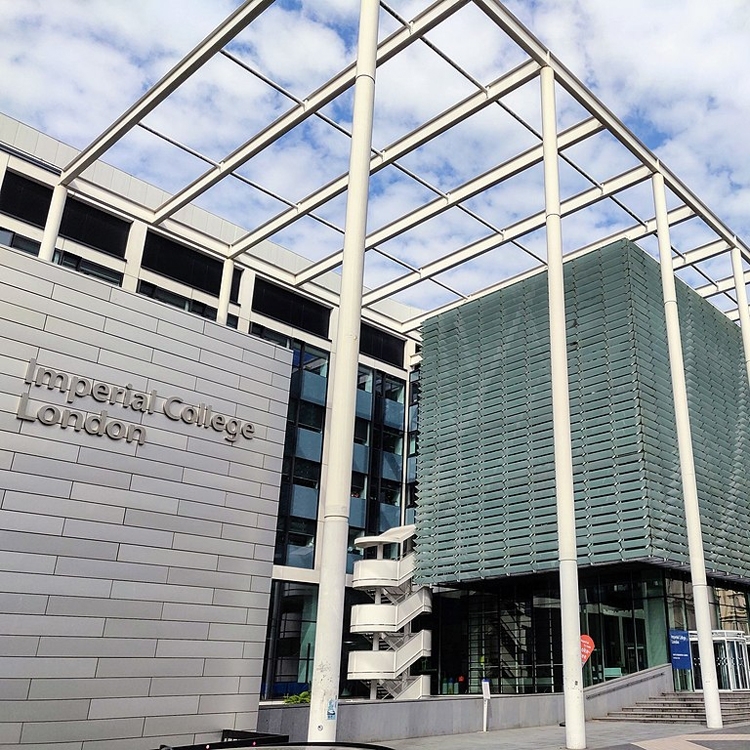
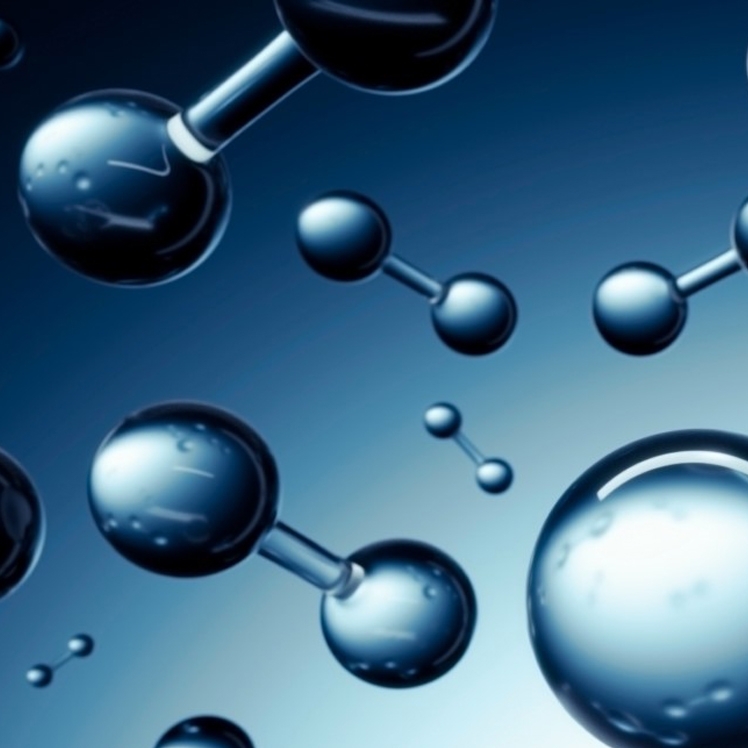
WHY HYDROGEN?
